The June 4 gala was awash with brilliant colors, captivating performances, and fundraising.
Written by Mary Scott Manning for Washington City Paper
TamekaHarrisLive at the 30th Anniversary Gala at Arena Stage on June 4; courtesy of Step Afrika!
Butter yellow may be the color of summer, but bright, lemony yellow was the color of Step Afrika!’s 30th Anniversary Gala at Arena Stage on June 4. The invitation called for “elevated, colorful, creative, cocktail attire”—and guests answered in Crayola solids and drapey, multicolored prints.
One guest wore a yellow gown with a bejeweled cape that trailed behind her; another wore a high-low dress in Barbie pink, and one tangerine blazer dress was adorned with a strand of freshwater pearls. Another wore a magenta strapless dress that fit perfectly. “I got it at Ross last night,” she told City Paper. Every few minutes someone new and fabulously dressed came through a tunnel of literal giant 30s made out of acrylic; guests walked through the zeros to enter the cocktail space.
The gala celebrated Step Afrika!’s 30 years of dance. Howard University alumnus C. Brian Williams founded the company in 1994 after studying percussive dance tradition in southern Africa. His aim was to make step more recognizable and more prominent in the States. (One of the featured cocktails was, fittingly, a spicy “1994 Mule” garnished with a round slice of lemon.)
Stepping reflects centuries of Black history and American pop culture. The style can be traced back to West African folk dancing, as well as the call-and-response songs created by enslaved Black Americans. (In step, one soloist or group performs, and a second soloist or group responds). Like all dance forms, stepping has picked up threads of the cultures and decades it has passed through. For example, Black veterans returning from World War II infused the military marches and beats learned in training into the form.
Later, historically Black fraternities and sororities added their touch to step as they crystallized the form through campus shows and competitions. It’s fitting that the dance form created by generations of Black artists is continuing to create opportunities for performers today. According to Williams, Step Afrika! is the largest employer of full-time performers of color in the D.C. region.
After cocktails and hors d’oeuvres—lobster avocado toast, poulet au Riesling, skewered flank steak, and black-eyed pea cakes—the drums began beating, literally, summoning guests upstairs to the theater for entertainment.
Step Afrika! opened with a Zulu performance: 10 minutes of drumbeats, tribal wear, body paint, and headpieces. The dancing was strong and powerful; the performers cut through the air and beat the ground with their bare feet.
In step, the performers often provide both the dancing and the music with just their bodies, their voices, and specialized shoes designed to thud and clack.
Step Afrika!’s 30th Anniversary Gala; Courtesy of Step Afrika!
The focus of this year’s gala was a preview of The Migration: Reflections on Jacob Lawrence. The company’s signature work for 2024 opens at Arena Stage on Friday, June 7, and runs through July 14.
The “Wade Suite,” the section of Migration performed, began with an empty chair placed at center stage. A somber man (Conrad R. Kelly, Step Afrika!’s assistant artistic director) wearing a three-piece suit entered. Draping his blazer over the chair, he knelt beside it and put his head in his hands, anguished and in prayer.
Soon he was joined on stage by two couples, the men in suspenders and the women in Sunday-best dresses and wide-brimmed hats. The ecstatic dancing punctuated by shouts and steps began. It was soon clear that the dancers were celebrating, and depicting, a baptism.
A choir singing “Wade in the Water” accompanied the dancers, headed up by special guest Smokie Norful, an American gospel singer and two-time Grammy winner. After the Migration preview, Norful returned for an aching, solo piano performance of “I Need You Now,” the gospel hit from his debut 2002 album.
“I need you now/ Not another second, not another minute/ Not an hour, another day/ But Lord I need you right away,” Norful sang before adding new words toward the end: “We need you in the White House, in the Black house, in the crack house,” he riffed on the lyrics.
Afterward, host TamekaHarrisLive made what’s often the most uncomfortable part of a gala—asking for money—a high point. She joked in her opening line: “Let’s talk about the heart of this event. Everyone say ‘proceeds.’”
“You look good! You look like money,” she teased guests.
“Thank you, donor 258. I think my school bus was 258,” she commented while counting paddle numbers.
“These girdles! Do you see me fighting for my life up here?” she pretended to gasp.
In his closing address, however, Williams reminded attendees: “This journey isn’t just about numbers. It’s about the people, past and present … The fiercely talented and courageous performers … the tremendous staff and consultants and board members over the years … and it’s about you, seriously, each and every one of you here tonight who contribute to Step Afrika!”


